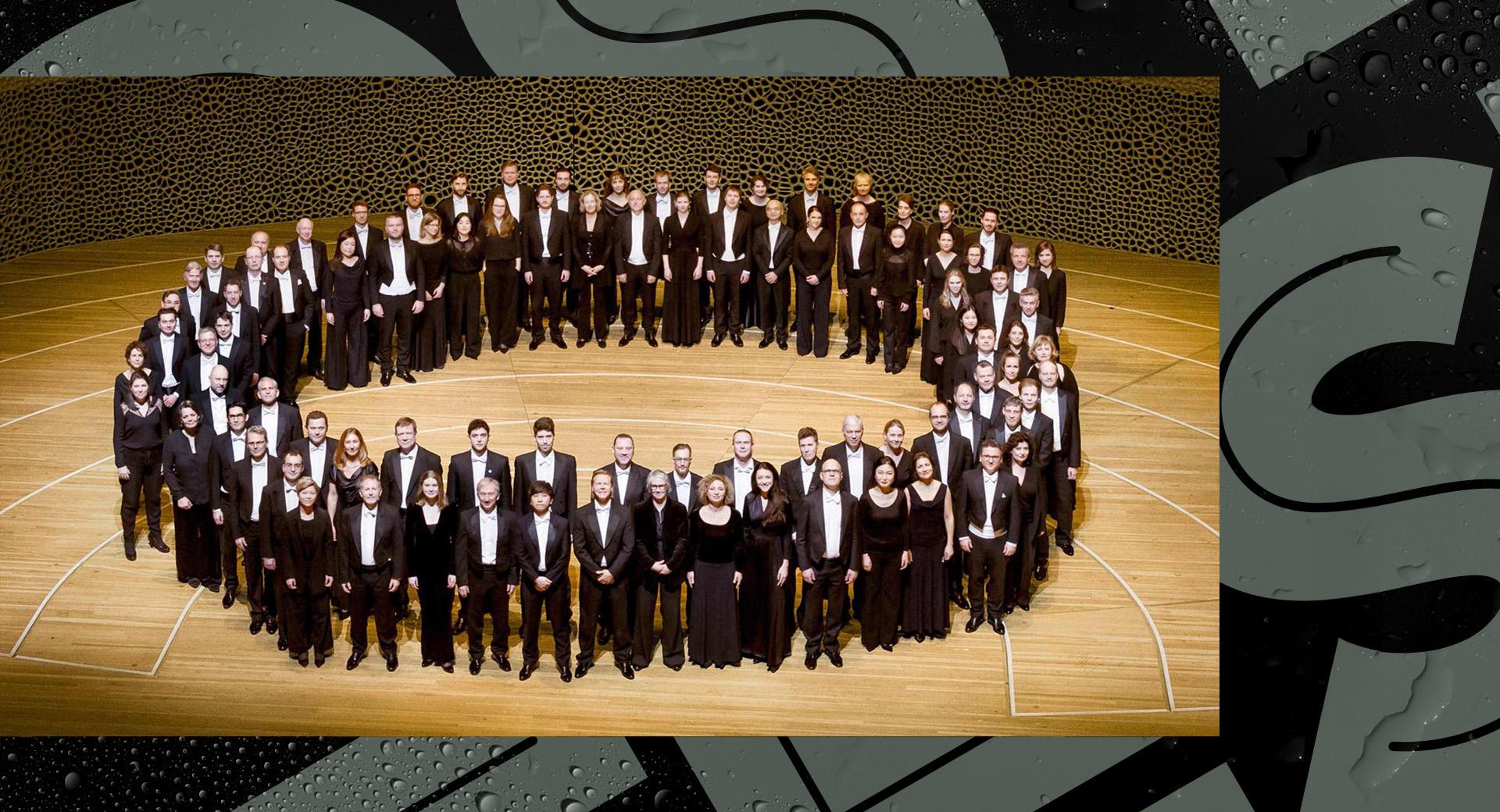Salonen meets Mattei
We encounter heroes and anti-heroes in the name of love in Gustav Mahler’s Lieder eines fahrenden Gesellen (Songs of a wayfarer), sung by the world-famous Swedish baritone Peter Mattei, and in the Swedish Radio Symphony Orchestra’s performance under its conductor laureate Esa‑Pekka Salonen of Béla Bartók’s Suite from The Miraculous Mandarin and Hector Berlioz’s Symphonie fantastique.
This production is part of one or more concert series.

Romantic programme music may be the subject of debate, but music that tells a story is certainly exciting. For Esa-Pekka Salonen’s return to the Radio Symphony Orchestra he has selected three works that do just that.
The young Gustav Mahler worked as Assistant Kapellmeister at the opera house in Kassel, where he fell head over heels in love with the guesting soprano Johanna Richter. After a brief and upsetting love affair she left him to his stormy emotions, which he channelled into four poems. He initially scored them with piano accompaniment, only orchestrating them ten years later. In Stockholm’s Berwaldhallen Peter Mattei interprets Lieder eines fahrenden Gesellen – a Mahlerian minidrama depicting a spurned lover wandering around the world in an attempt to find peace of mind in nature. Mahler aficionados will recognise two of the songs, as the composer used their thematic material in his first symphony.
In 1827 Hector Berlioz saw the Irish actress Harriet Smithson play Ophelia in a Paris production of Shakespeare’s Hamlet, and his life was never the same again. To say he became obsessed is putting it mildly. After many unanswered letters and years of writer’s cramp caused by his great passion, he laid bare his bleeding heart in his Symphonie fantastique – a work in five movements about an artist burning with desire and the self-destructive ardour of love.
To Berlioz’s disappointment Miss Smithson did not attend the premiere, but when she heard the work two years later it is said that she recognised his genius. One story has it that he threatened to take his life if she did not become his. Be that as it may, they did get married. Their marriage was brief and not particularly happy, but Berlioz saw to everything for Smithson, and to this day they lie buried together at Montmartre Cemetery in Paris.
Béla Bartók’s Suite from The Miraculous Mandarin rather depicts the rawer sides of love, in a brutal plot full of sexuality and violence. Using a dancing girl as bait, three tramps in a slum lure passers-by into a trap with the intention of robbing them. When a Chinese mandarin falls prey to them a dramatic course of events ensues, with the robbers attempting to overpower the mandarin in various bestial ways. The orchestra illustrates this with caustic strings, noisy woodwind, growling brass and orchestral special effects.
“This resounding belching, farting, squeaking and shouting, which is without parallel in any music before it, is put together without recourse to any method or system. Nothing is rational, yet the music is nevertheless supported by a fundamental inner logic and feeling, as Bartók was able to hear everything in his head when he composed,” says Esa-Pekka Salonen about the work, which is one of his favourites.
The Miraculous Mandarin was composed during a period of violent disturbances in Hungary, and in 1926 it was premiered in Cologne as a ballet, but after a single performance it was banned on moral grounds. The orchestral suite from the ballet was premiered a few years later.
Text: Anna Hedelius



